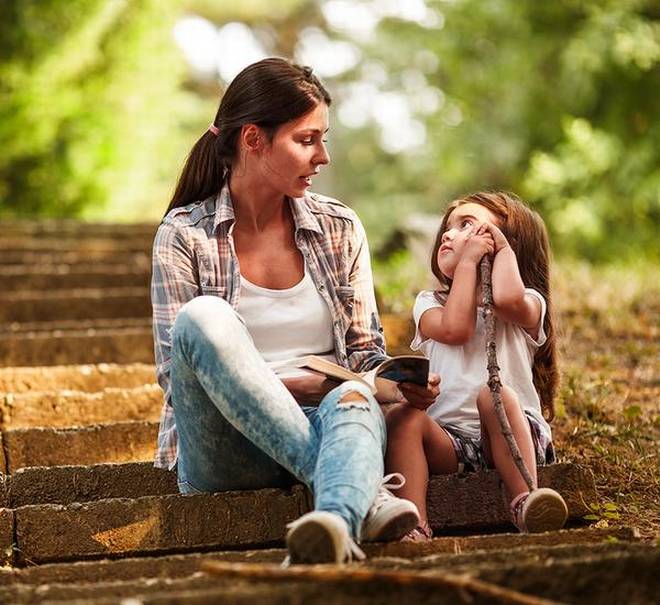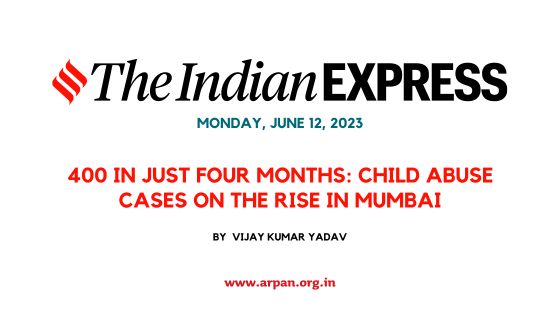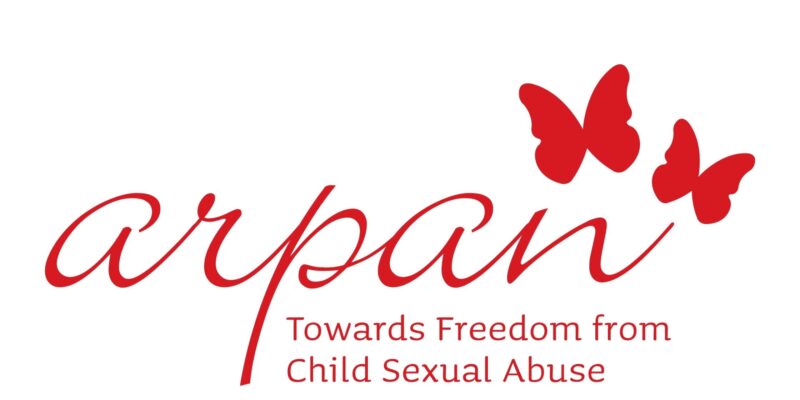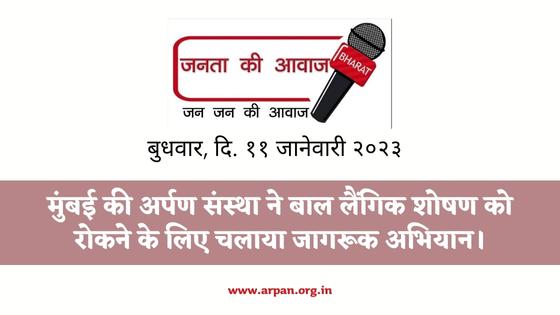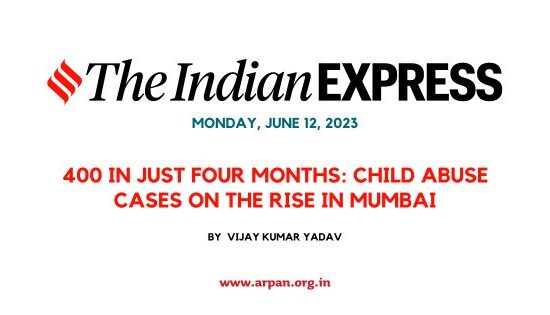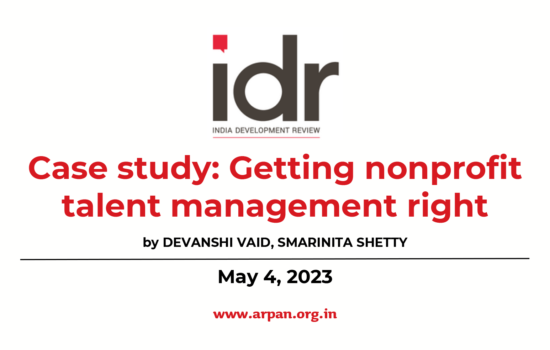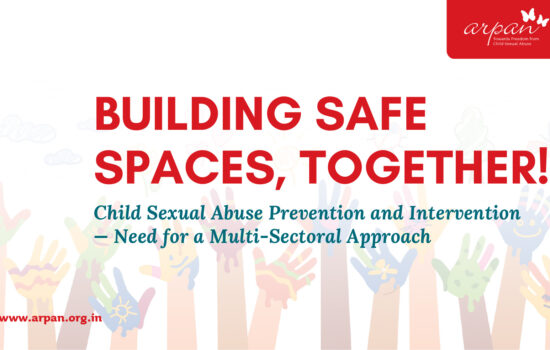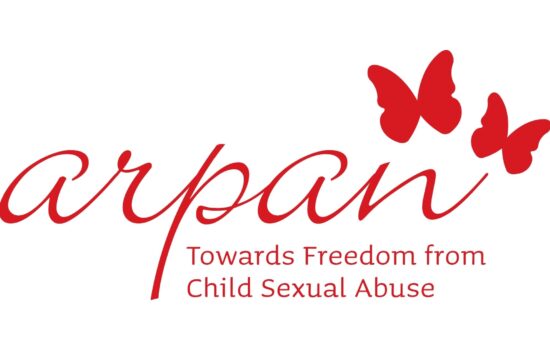Should I quit my job and constantly be with my child?’ ‘Fire my full-time help?’ ‘Stop trusting the guard?’ These are some of the questions you’re probably asking, if you’re a parent, in the wake of the horrifying repeated sexual abuse of an 11-year-old girl, in Chennai. Step back a minute, say the experts, and go back to the parenting drawing board.
Communicate well
Keeping the channels of communication open is easier said than done, but it’s the only way we can have children participate in their own safety. “A child who understands safe and unsafe touch (not good and bad touch) is more likely to ask for help,” says Pooja Taparia, Founder and CEO, Arpan, an organisation that works in the child sexual abuse (CSA) space.
The idea is to be engaged in your child’s life, and provide a congenial, non-judgemental atmosphere, where the child can come and tell everything, says Vidya Reddy, co-founder, Tulir: Centre for the Prevention and Healing of Child Sexual Abuse, Chennai.
In practical terms, this means adults swallowing their discomfort while speaking about intimacy. If you’re pregnant and your young child asks a question, don’t evade it or be vague; tell your child, in an age-appropriate manner how you got pregnant. Sonia Malhotra was confronted by her 8-year-old, who asked whether he had come from her and his father being naked. “I said, yes, when people two people love each other, it’s a nice feeling, and yes, that’s how you were born,” she says. “Talk to your child about people touching private parts, so she knows that no one — not even you — can take touching her (even for, say, a bath) for granted,” says Dr Amit Sen, a psychiatrist and co-founder of Children First, in Delhi. Teach her that if she’s uncomfortable about someone hugging her, she can simply hold up her hands across her chest and say no, even if it’s a dear old aunt she says it to, because families see a great deal of abuse too.
Straight talk Make your kids feel comfortable speaking to you about their bodies
As petrified as parents are of ‘The Talk’, this isn’t a one-off thing that you do to get it out of the way. “It’s meant to be woven into everyday discussions, so both you and your child are comfortable talking about anything. We bombard children with a number of don’ts: don’t cross the road, don’t talk to strangers,” says Taparia. Instead, talk about being appropriately dressed, or looking out for oncoming traffic, or identifying situations when it might be okay to talk to strangers.
Be practical
Let’s face it: you can’t be with your child all the time. And if you are, Reddy speaks about how abuse may happen even so: at the swimming pool, because you’ll never know what’s happening under water; at a wedding, when there’s only family, friends and trusted helpers around; in school, at the hands of an older child. Instead, stay alert.
Ensure your child knows whom to reach out to for help. For a young school-goer, play the ‘What if…’ game once in a while, where you ask simple questions and help your child with solutions: What if I’m delayed one day and am not at the bus stop… Let your child answer and then add on to it, so you come up with a joint solution.
Be discerning about who you are hiring, how many hands there are at home or at a frequently-visited friend’s place, and how the person is handling your child. Too much lap time? Holding the child tightly very often? Constantly hugging the child? Look into it.
“Is your child getting frequent UTIs? Have his grades dropped? Is he crankier than usual? It may not be sexual abuse, but do enquire. Ask your child gentle questions, such as, ‘Are there any new people at the park?’ or ‘Do you have any new friends in school?’ to get cues on what’s going on,” says Taparia.
Every child is vulnerable, boy or girl, whether in a joint or nuclear family, metro city or village, says Dr Deepak Gupta, child psychiatrist at Centre for Child & Adolescent Well Being, Delhi. “However, some sections are particularly vulnerable: those in foster care, the disabled, those in homes with conflict, children of migrants, and the emotionally fragile who may have faced some kind of trauma and could be fearful.”
The key is supervision, whether at home, in school, or during an outing. This does not mean hovering; it just means you know where your children are, and make yourself available to them. “A child who has regular communication with the parents is more likely to bring up a stray incident of a person trying to befriend him at the park, than one who doesn’t,” says Dr Gupta.
You don’t want to create an atmosphere of fear-mongering. And if you see something that is suspicious, do tell the parent, because as bystanders, we have a huge role to play.
Stand by your child
If your child does come to you with a complaint, and as you delve deeper you realise what has happened, the first step is to take your child seriously. “Never confront the offender in front of your child,” says Taparia. And if you’re bringing it to the attention of say, the school, avoid exposing your child to having to tell the story twice. The law mandates that you report such incidents.
Your child may be both confused and scared, especially if the perpetrator is a caregiver, or if he enjoyed the touch (this most often happens in adolescence). Experts recommend therapy for children and parents, because parents too can be in shock, denial, and may feel guilt and grief, especially if their own trust in a loved one has been broken.
What is child sexual abuse?
The World Health Organisation (WHO) defines CSA as “the involvement of a child in sexual activity that he or she does not fully comprehend and is unable to give informed consent to, or for which the child is not developmentally prepared, or else that violate the laws or social taboos of society.” This means even someone showing a child a pornographic video, or befriending the child online and asking for pictures of say, the child’s private parts, is indulging in child sexual abuse.
How to discuss specific incidents
School-going children are bound to talk about their interpretation of the news, especially if an incident of CSA happens in their backyard. Rather than using it as yet another teachable moment for the child, use it as a learning moment for yourself, says Dr Shraddha Kapoor, Associate Professor, Human Development and Childhood Studies, Lady Irwin College, Delhi. She says it’s best to let your child lead the conversation. “If she asks a question, you don’t need to give every detail of what happened; keep it simple, but you don’t need to lie either,” she says. It’s also a good idea to ask her what she’s heard, what her best friend thinks of the whole situation. There’s no need to say: ‘Let me sit you down and tell you what happened.’ Or ‘This is why I tell you to listen to me.’ Or even ‘Let me tell you how to be safe.’ If your child is uncomfortable talking about it, direct eye contact may not always be necessary: chat while you’re driving in the car, when you have your eyes on the road; or just before bed, when your child is at her most vulnerable and more willing to talk. If you feel something is bothering her, ask gently, but directly, ‘Is there anything about this that scares you?’
(For information and workshops in Chennai on keeping your child safe, look up www.tulir.org or call
43235867/26618026)
Source – The Hindu.

